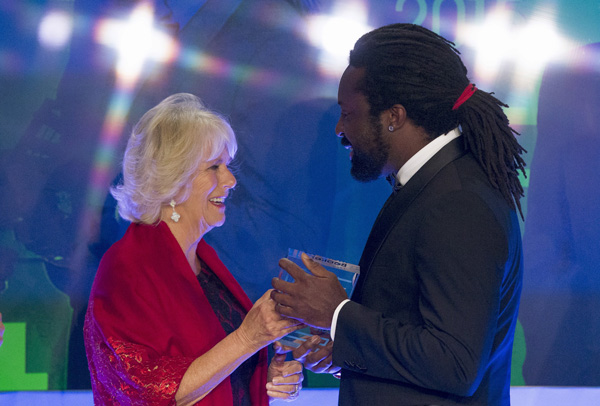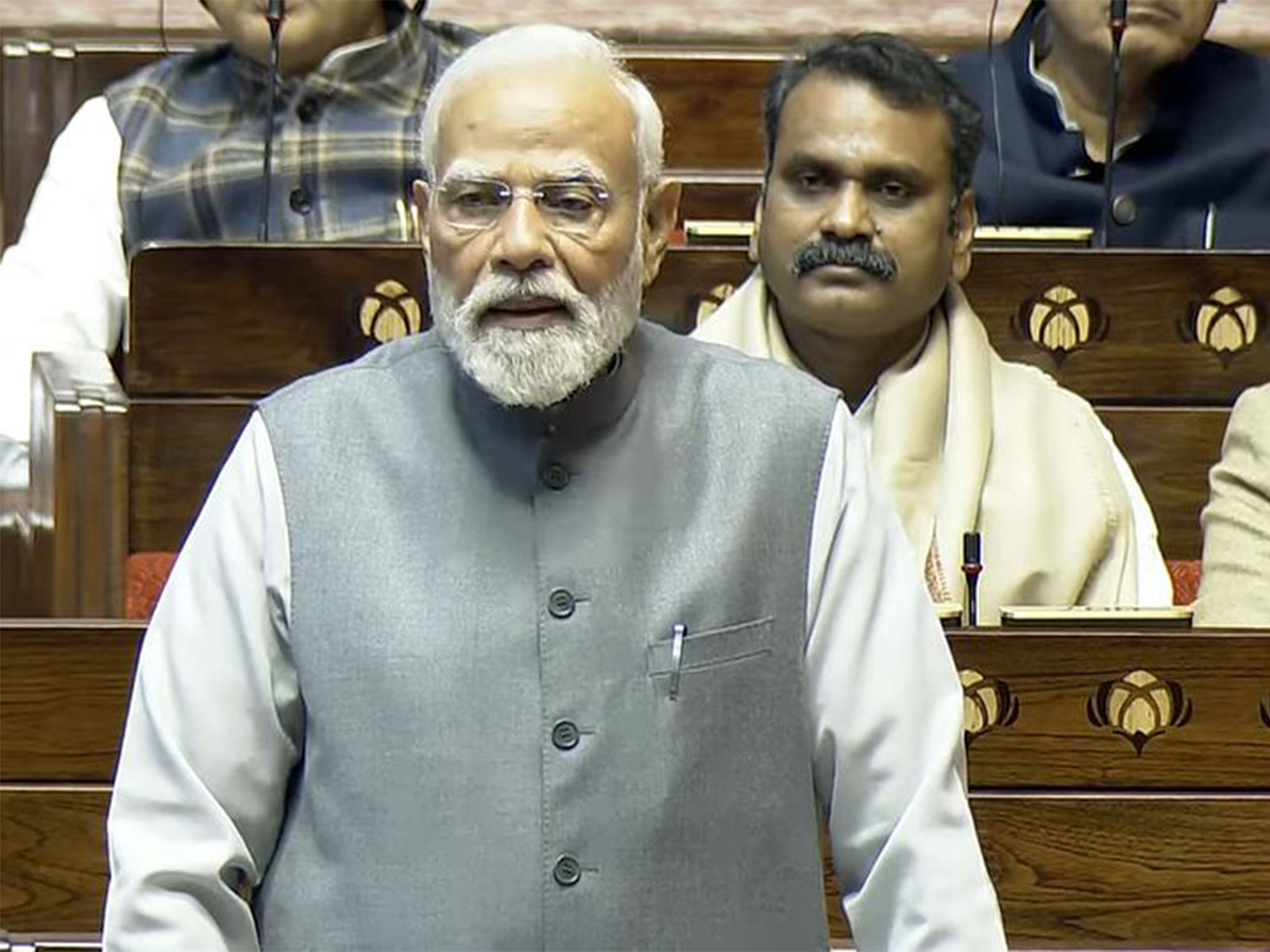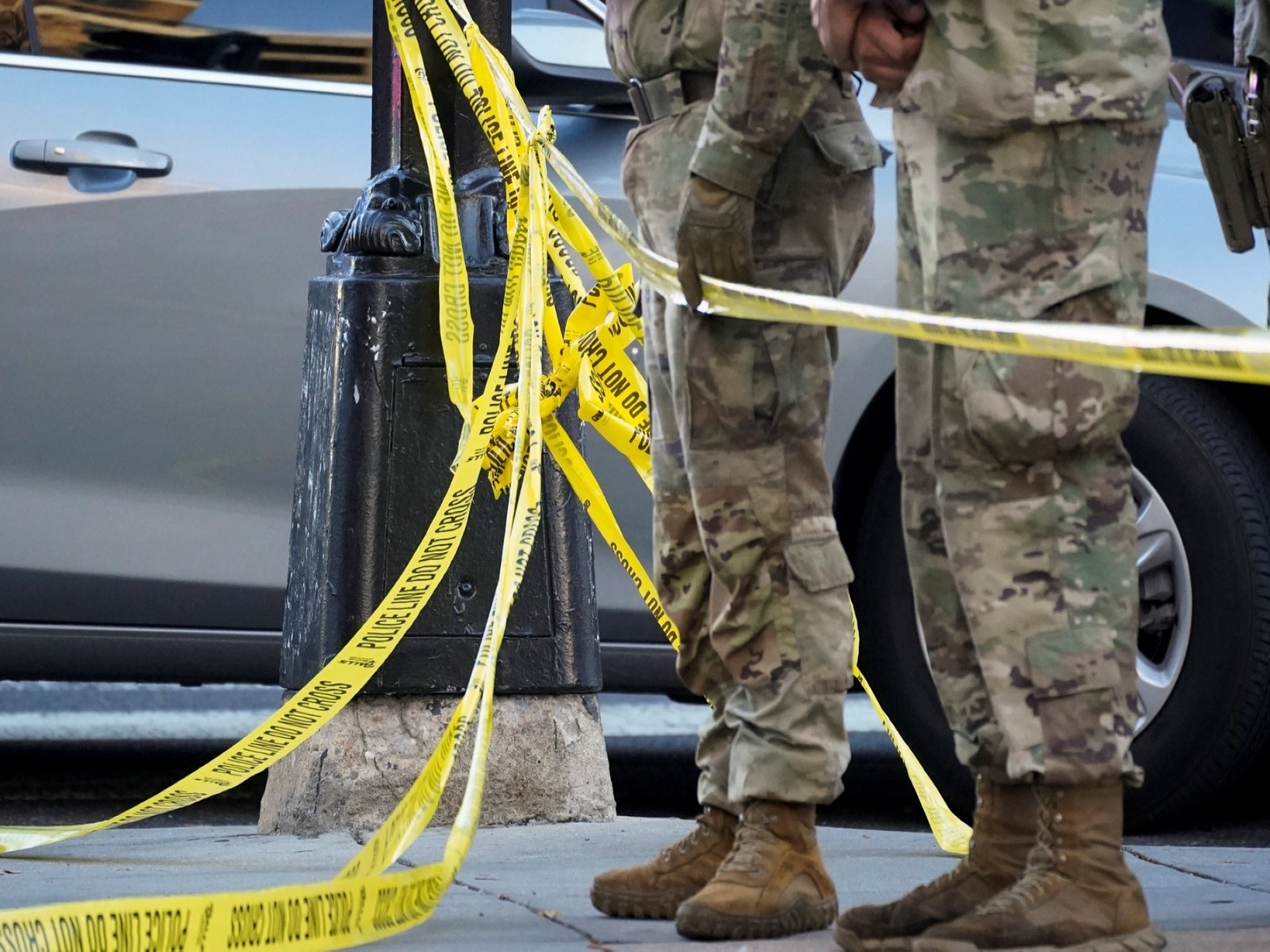For whom the cash registers toll: what the Man Booker will do for Marlon James

Drugs, money, expletives, politics, music. Spanning three decades. Littered across two continents. Oh, and Marlon James, author of A Brief History of Seven Killings, will never let you guess who will be narrator next.
This wealth of Tarantino-worthy material 'stuffed' into 700 pages is what won the Man Booker, prize money of 50,000 pounds, and an un-retractable spot in literary history.
James is a professor of English and this is his third novel. His first, The Book of Night Women, won both the National Book Critics Circle Award and the Dayton Literary Prize in 2010, the year it was published.
Seven Killings is lush with references to pop culture.
Bob Marley, whose fictionalised murder in 1970 sets the pace for the novel, is referred to only as 'The Singer'. The book then picks up again in the drugs wars in New York, and eventually finds its end in Jamaica - where it all started - but in the 1990s.
An assassination attempt was indeed made on the lives of Marley and his wife Rita in 1970.
Marley survived, as did his wife, who had a bullet removed from her head. Marley was in Jamaica for a concert, and the attempt on his life did nothing to deter him from performing. He played that week, but returned to London immediately after for two years of self-imposed exile.
The book, on the other hand, builds an alternative narrative.
It follows the lives of the assassins in the decades after the murder. And it speaks in their language. The Telegraph said of it "The voices range from patois to streetwise New York, and even encompass the paternalistic English of a colonial-era ghost."
The Man Booker is one of the few awards that spells literary acclaim and commercial success
It's fitting that A Brief History of Seven Killings should win the Man Booker Prize. The Man Booker was, till 2013, open only to members of the Commonwealth. Though the Booker claims to award "the best in English language fiction", traditionally, books that have captured and dealt with themes of cultures and politics of colonisation have won.
It makes sense then, that - now that the award is open to English writers from across the world - the winning book this year thematically explores neo-colonisation and the American hegemony.
"Well, at some point you gotta expand on a story," a character in the book notes. "You can't just give it focus, you gotta give it scope."
What the win means - and not just for literary reputation

Photo: Neil Hall/WPA Pool/Getty Images
But there's more to the Booker win than just the 52,500 pounds (50k for the win, 2.5k for the shortlist).
James can expect an unprecedented spike in book sales.
With the opening of the Booker prize to the United States, Jones can expect exposure to the massive market in North America. Not to mention all the rub off that comes from being on Prime Time TV (The BBC airs the Man Booker award ceremony live).
Richard Flanagan, who won last year, sold 10,000 copies of The Narrow Road to the Deep North in the week immediately after his win. 10,000 new copies were printed the day after he won.
To give that number perspective, Flanagan had sold just over 300 copies in the previous week.
Just making it to the shortlist usually increases a book's sales significantly anyway; winning means a reprint and fresh orders from major bookstores around the world, and a significant spot on holiday sales lists: the timing of the award means the Booker winner is traditionally a top Christmas gift for book-lovers.
E-book sales see their own spike, but the biggest spike is often seen in the author's home country - especially if, like James, the win is a first for the country.
Of course the real victory is the literary legacy the author joins - the ranks of Kingley Amis and Chinua Achebe, V S Naipaul and Salman Rushdie, Doris Lessing and Margaret Atwood.
The ringing of cash registers is just a great soundtrack to set this legacy to.







![BJP's Kapil Mishra recreates Shankar Mahadevan’s ‘Breathless’ song to highlight Delhi pollution [WATCH] BJP's Kapil Mishra recreates Shankar Mahadevan’s ‘Breathless’ song to highlight Delhi pollution [WATCH]](https://images.catchnews.com/upload/2022/11/03/kapil-mishra_240884_300x172.png)

![Anupam Kher shares pictures of his toned body on 67th birthday [MUST SEE] Anupam Kher shares pictures of his toned body on 67th birthday [MUST SEE]](https://images.catchnews.com/upload/2022/03/07/Anupam_kher_231145_300x172.jpg)






